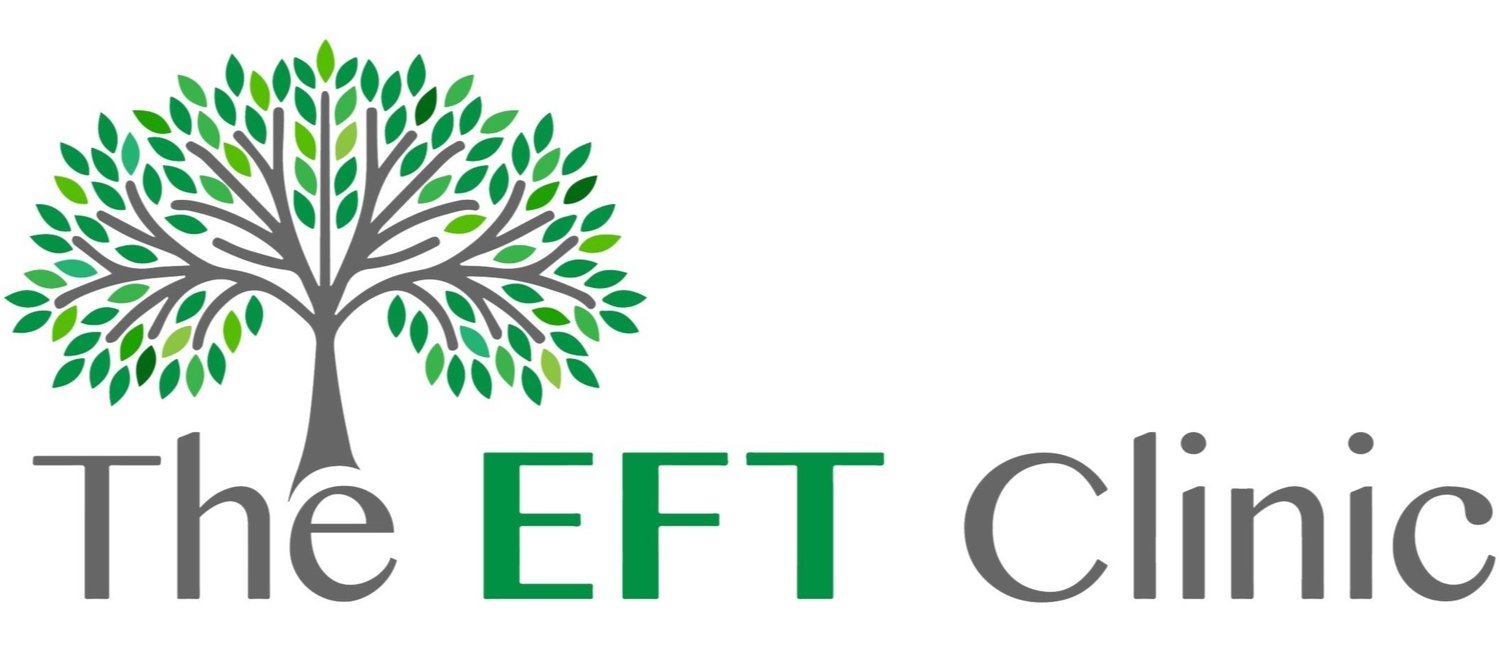"I'm Not Mad!"
/“I’M NOT MAD!”
The critical role of anger in the healing process.
by Ben Kroff, LMFT
I was getting destroyed by my brother. There was nothing I could do to return his quick hits, impossible spins, and relentless assaults. I was going to lose again. He was simply a more skilled and experienced ping-pong player than I was. I was quickly losing my composure, my mind, my body, and my emotions were unraveling under the distress of trying to compete against an older and more accomplished opponent.
Noticing my increasing despair and frustration, my brother began laughing. “Ha ha, you’re getting mad.” In my 15 year-old cockiness, I denied his assertion. “I’m not mad,” I calmly replied, trying to maintain a cool, collected exterior. I wasn’t fooling anyone. He could still sense my duress and continued to chuckle as I would make increasing expressions of anger about my impending demise.
I was afraid. I was frustrated. I was embarrassed that I was losing, and ashamed of my inferior skills. I wondered if I would ever be as good as him, or if I should ever attempt to play this stupid game again. I questioned why I was so gullible as to agree to engage in this exercise of futility in the first place. I began to question my life’s decisions, and even my worth as person. Why did I decide to enter into a relationship where I am now feeling beaten, embarrassed and inadequate?
That is what was really happening. Those were the difficult emotions that I was feeling swirling around in my head and heart, and literally coursing through my veins (or my nervous system, to be more scientifically accurate). That is what I was feeling. But how would I know that, let alone express that in the heat of battle? All I could say to my brother in response to his astute observation is, “I’M NOT MAD!”
Being “mad” or feeling anger is a secondary emotion. It is a response to a primary emotion, or a deeper emotion. When we are feeling or expressing anger, we are experiencing a response to pain. When we stub a toe we yell out in pain; we feel angry that we are hurt. We respond the same way to emotional pain. We may feel embarrassed, lonely, forgotten, rejected, dismissed, overlooked, unloved, left out, confused, etc., and we respond by getting angry.
It is often hard to recognize those deeper, softer, primary emotions, but it is easy to recognize anger. This is why anger is so important! Anger sends up a red flag. It tells us, “Hey, I’m hurt!” When we can notice anger for what it is — a pain response — we can pause, be curious, discover the deeper primary emotion that is hurt, and begin to heal.
To learn more about these important secondary or deeper emotions, and learn how to use anger to discover pain and begin healing, call and schedule with me today.
Ben is a Licensed Marriage & Family Therapist at The EFT Clinic. He specializes in working with struggling teens, young adults, and families. With a background of serving youth in custody, Ben has successfully helped clients deal with addiction, aggression, decision making, relationship management, and self-esteem. In addition to Emotionally Focused Therapy, he is experienced in Dialectical Behavioral Therapy, Cognitive Behavioral Therapy, and Aggression Replacement Training.
To schedule an appointment, email ben@theeftclinic.com or call (385)695-5949.



